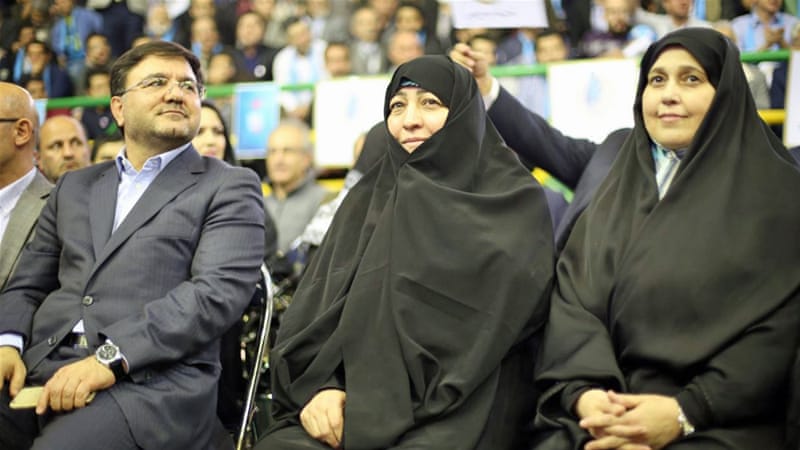“Everybody would harass me,” said a young woman in the small city of Zahedan, Baluchistan, a small province in the south-east of Iran. The borders of Afghanistan and Pakistan not far away.
We were sat in her small kitchen with a dim light hovering above us.
There was a gas stove sat in the corner of the room and the rough stone floor was covered in an old rug, an attempt to keep some warmth in the room.
The furnishings were bare, the young woman and her husband were just starting out in their home as a newly married couple.
This was not her first marriage, it was her second. She had divorced her first husband; a taboo for women in Iran, particularly in highly conservative Baluchistan.
She had prepared me a plate of chicken and rice, typical for the region and as we sat in her kitchen to eat in the early hours of the morning, she explained just how difficult it was to be a woman in Baluchistan.
Baluchistan is a culturally autonomous province in the south-east of Iran. It shares part of its cultural zone with both Afghanistan and Pakistan with the Baluch being the main ethnic group in the region. Most are Sunni Muslims, in contrast to the rest of Iran where the majority are Shia Muslims.
I was in Iran as part of my work on raising awareness about violence and discrimination against women and girls around the world. I had interviewed both women and men in the north of the country, where virtually everyone told me that, “if I really wanted to know about violence against women in Iran, I should go to Baluchistan”.
Read the article by Johanna Higgs on Independent Australia.

